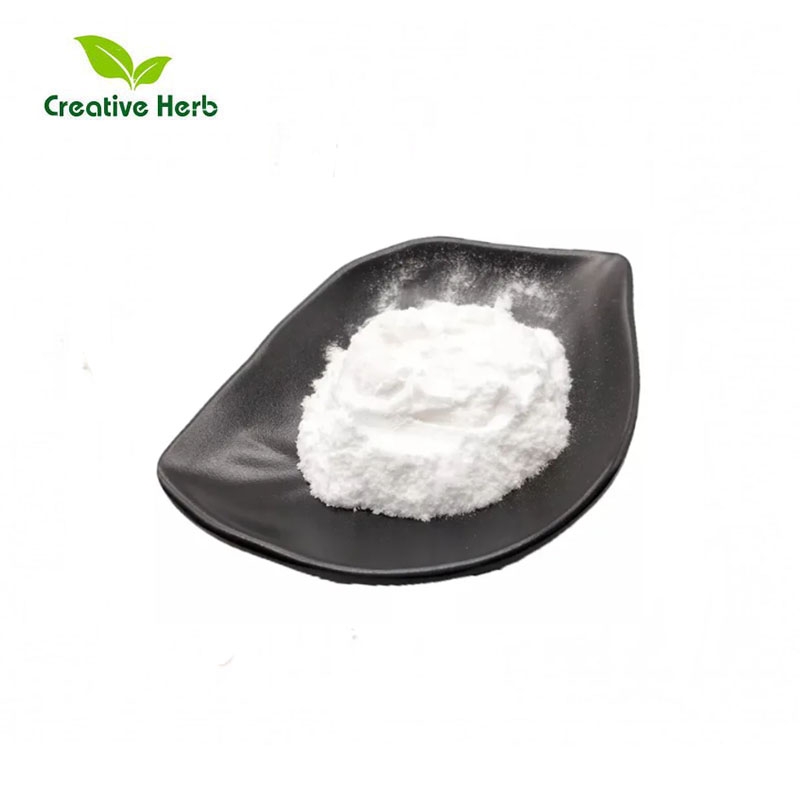-
Categories
-
Pharmaceutical Intermediates
-
Active Pharmaceutical Ingredients
-
Food Additives
- Industrial Coatings
- Agrochemicals
- Dyes and Pigments
- Surfactant
- Flavors and Fragrances
- Chemical Reagents
- Catalyst and Auxiliary
- Natural Products
- Inorganic Chemistry
-
Organic Chemistry
-
Biochemical Engineering
- Analytical Chemistry
-
Cosmetic Ingredient
- Water Treatment Chemical
-
Pharmaceutical Intermediates
Promotion
ECHEMI Mall
Wholesale
Weekly Price
Exhibition
News
-
Trade Service
May 5, 2019 / BIOON / - coffee is one of the most popular drinks in the world Nearly half of Australian adults drink coffee In addition to enjoying the taste of coffee, the main reason we drink coffee is to let caffeine into the blood Caffeine can help you stay awake, improve your alertness, improve your attention, improve your cognitive ability, improve your short-term memory and problem-solving ability It also improves physical performance Photo source: https://cn.bing.com where is the evidence? In a recent review, the researchers reported the results of all meta-analyses that looked at the effect of caffeine on exercise performance The study included more than 300 primary studies and more than 4800 participants The researchers found that caffeine improved performance by between 2% and 16% Those with the strongest response to caffeine may have a 16% improvement, but it's unusual For the average person, the improvement may be between 2% and 6% This seems to be rare in our daily life But in competitive sports, relatively small performance improvement can have a great impact Researchers have found that caffeine can enhance our ability to run and cycle, or to run a distance in a shorter time It also allows us to do more repetitions with a given weight in the gym, or increase the total weight we lift Photo source: https://cn.bing.com how does caffeine produce these effects? When we are tired, a chemical called adenosine binds to receptors in the brain Caffeine's chemical structure is similar to adenosine, and when ingested, it competes with adenosine for these receptors - receptors that tell our brains how tired we are When awake, adenosine slows down brain activity, leading to fatigue When we consume caffeine, it binds to adenosine receptors, producing the opposite effect It reduces fatigue and our perception of effort (for example, the difficulty of completing a sport) Researchers used to think that regular consumption of large amounts of coffee would reduce the effect of caffeine, but research has shown that regardless of habits, caffeine can improve performance Coffee = caffeine? In one study, drinking coffee or taking caffeine in capsules also improved cycling performance When the doses of caffeine match, caffeine and coffee seem to be equally beneficial for improving performance However, the amount of caffeine in coffee may vary depending on the type of beans, how they are made, and the size of the cup Among different coffee brands, even products of the same brand produced at different times, caffeine may be different On average, however, a cup of brewed coffee usually contains 95 to 165 milligrams of caffeine Experts believe that between 3 and 6 mg / kg of caffeine can improve performance For a 70 kg person, it's 210 to 420 milligrams, or about two cups of coffee For safety reasons, those who don't usually drink coffee should start with low doses Of course, the optimal dose varies from individual to individual, so there is still a little room for experimentation In addition to caffeine capsules or coffee, researchers are exploring the effects of other caffeine sources on exercise performance These include gum, gum sticks, mouthwashes and energy drinks However, the research in this field is relatively new and needs further study Photo source: https://cn.bing.com how long should I drink coffee before exercise? Experts suggest taking caffeine about 45-90 minutes before exercise Some forms of caffeine, such as caffeine gum, are absorbed faster, and even taken 10 minutes before exercise can improve performance Does that mean we should all start taking caffeine? Maybe it's not enough now Although caffeine consumption usually improves their performance, for some people, the effect may be negligible Excessive caffeine intake can have some very unpleasant side effects, including insomnia, tension, restlessness, stomach discomfort, nausea, vomiting and headache To know if caffeine will improve your performance or just give you headaches, you need to do a number of personal experiments But for those who want to get a slight performance advantage in some simple way, injecting more caffeine into their blood may be a solution Reference materials: [1] health check: can cafeine improve your exercise performance? [2] glade MJ Cafeine not just a stimulant Nutrition 2010 Oct; 26 (10): 932-8 Doi: 10.1016/j.nut.2010.08.004 [3] rgic J, rgic I, Pickering C, et al wake up and smell the coffee: cafeine supplement and exercise performance an umbrella review of 21 published meta-analyses Br J Sports Med Published Online First: 29 March 2019 doi: 10.1136/bjsports-2018-100278 【4】Graham TE et al. Metabolic, catecholamine, and exercise performance responses to various doses of caffeine J Appl Physiol (1985) 1995 Mar;78(3):867-74 DOI: 10.1152/j app l.1995.78.3.867 【5】McLellan TM et al A review of caffeine's effects on cognitive, physical and occupational performance Neurosci Biobehav Rev 2016 Dec;71:294-312 doi: 10.1016/j.neubiorev.2016.09.001 Epub 2016 Sep 6
【6】Doherty M et al Effects of caffeine ingestion on rating of perceived exertion during and after exercise: a meta-analysis Scand J Med Sci Sports 2005 Apr;15(2):69-78 DOI: 10.1111/j.1600-0838.2005.00445.x 【7】Hodgson AB et al The metabolic and performance effects of caffeine compared to coffee during endurance exercise PLoS One 2013;8(4):e59561 doi: 10.1371/journal.pone.0059561 Epub 2013 Apr 3 【8】BenDesbrow et al An examination of consumer exposure to caffeine from commercial coffee and coffee-flavoured milk Journal of Food Composition and Analysis Volume 28, Issue 2, December 2012, Pages 114-118 .https://doi.org/10.1016/j.jfca.2012.09.001 【9】 Caffeine content for coffee, tea, soda and more 【10】Pickering C et al Are the Current Guidelines on Caffeine Use in Sport Optimal for Everyone? Inter-individual Variation in Caffeine Ergogenicity, and a Move Towards Personalised Sports Nutrition Sports Med 2018 Jan;48(1):7-16 doi: 10.1007/s40279-017-0776-1.







